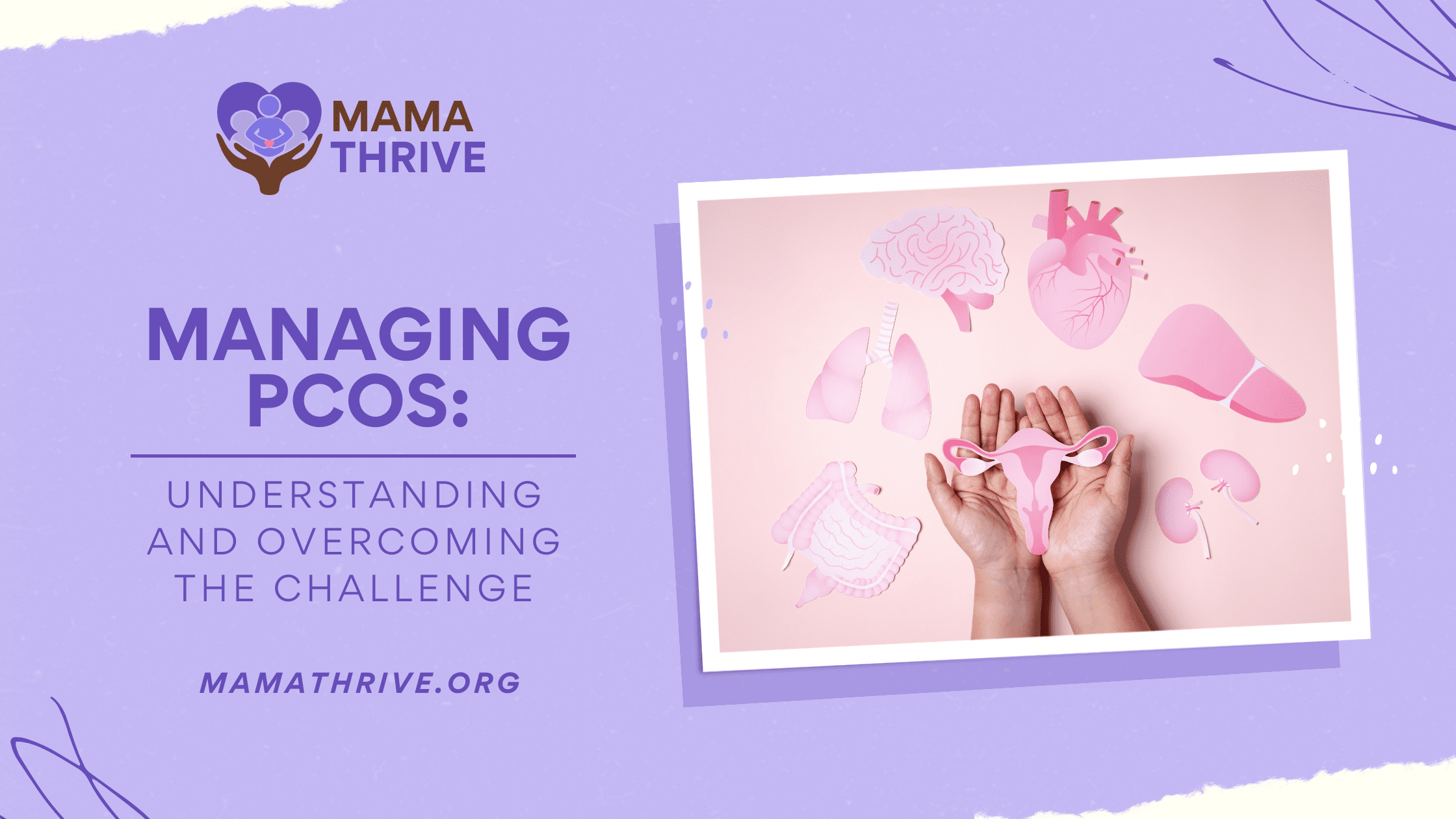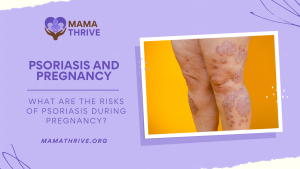Polycystic Ovary Syndrome (PCOS) is one of the most prevalent hormonal disorders among women of reproductive age, affecting approximately 10% of this population globally. Characterized by an array of symptoms like irregular periods, acne, hair growth, and infertility, PCOS can significantly affect a woman’s quality of life. However, understanding its complexities and adopting appropriate strategies in managing PCOS can greatly improve outcomes.
What is PCOS?
At the heart of PCOS lies a hormonal imbalance. The ovaries, which are integral to the reproductive system, start overproducing androgens, commonly referred to as “male hormones”. While women naturally have some amounts of androgens in their system, elevated levels can lead to a host of problems.
One of the significant changes that occur due to this increased androgen production is the enlargement of the ovaries. As they swell, multiple small cysts – fluid-filled sacs – form on their outer edges. Contrary to the name, these “cysts” are not tumors or growths. Instead, they are follicles, each containing an immature egg that has been halted in its developmental stage due to the hormonal disturbances. This malfunction, in turn, disrupts the ovulatory process, potentially leading to infertility.
Additionally, PCOS is often interlinked with insulin resistance. Insulin, a hormone produced by the pancreas, regulates the body’s sugar levels. When the body becomes resistant to insulin, the pancreas compensates by producing even more. This surplus can lead the ovaries to produce more androgens, thus creating a vicious cycle.
What’s even more alarming is the ripple effect of health concerns that can arise from PCOS. Women with this condition are at an elevated risk of developing other health complications, such as type 2 diabetes, high cholesterol levels, and cardiovascular diseases like heart disease.
While a clear-cut cause of PCOS remains elusive, experts believe it’s a combination of various factors. Genetic predisposition can make some women more susceptible. Yet, environmental and lifestyle factors – like obesity, sedentary habits, and poor diet – can further exacerbate the risk.
Signs and Symptoms of PCOS
PCOS often manifests through an array of symptoms, although their presence and intensity can vary greatly among individuals. Recognizing these signs is the first step toward diagnosis and treatment.
- Menstrual Irregularities: A hallmark of PCOS, many women experience unpredictable menstrual cycles. Some might skip periods for months, while others may not have them at all.
- Heavy Menstrual Bleeding: When periods do occur, they can be exceptionally heavy, causing discomfort and inconvenience.
- Hirsutism: Elevated androgen levels can result in unwanted hair growth. This excessive hair often appears in areas where men typically grow hair, such as the face, back, and chest.
- Central Obesity: Weight gain, particularly around the midsection, is a common complaint among women with PCOS.
- Dermatological Issues: Acne, oilier skin, and dandruff can all be exacerbated by the increased androgen levels.
- Hair Thinning: While androgens can cause unwanted hair growth in certain areas, they can also lead to hair thinning or even male-pattern baldness on the scalp.
- Fertility Challenges: The irregular or absent ovulation associated with PCOS can make conception difficult for many women.
Understanding and recognizing the complexities of PCOS is vital for early intervention and effective management. With proper guidance and treatment, many of the symptoms can be managed, improving the quality of life for those affected.
Managing PCOS
Polycystic Ovary Syndrome (PCOS) affects numerous women globally, but with the right management strategies, its symptoms can be controlled, and quality of life can be significantly improved. A multi-pronged approach, incorporating lifestyle modifications, medications, surgical interventions, and natural remedies, can offer comprehensive care.
1. Lifestyle Changes
- Weight Management: Excessive weight, especially around the abdomen, can exacerbate insulin resistance, a common problem in PCOS. Targeting weight through diet and exercise is one way in managing PCOS. Studies have shown that a weight loss of just 5-10% can restore ovulation and improve insulin sensitivity in many women with PCOS.
- Dietary Adjustments: A diet low in refined carbohydrates can help manage PCOS as it reduces insulin levels. Including whole grains, lean proteins, and plenty of vegetables can be beneficial.
- Regular Exercise: Physical activity can help lower blood glucose levels and boost the body’s sensitivity to insulin, countering insulin resistance. Aerobic activities, strength training, and even yoga have shown benefits for PCOS patients.
2. Medications
- Birth Control Pills: These can help regulate menstrual cycles, reduce male hormone levels, and clear acne. By suppressing ovulation, they reduce androgen production and subsequently alleviate many of the symptoms of PCOS.
- Metformin: Initially designed for diabetes, Metformin improves insulin resistance, which can be beneficial for PCOS patients. Besides regulating menstrual cycles, it can also support weight loss efforts.
- Clomiphene: For those seeking to conceive, Clomiphene stimulates the ovaries to release eggs. It’s often the first choice for treating infertility in women with PCOS.
- Anti-androgens: Drugs like Spironolactone can reduce hair growth and acne by blocking the effect of male hormones.
3. Surgical Options
- Ovarian Drilling: A minimally invasive procedure in managing PCOS, ovarian drilling is done laparoscopically. Tiny holes made in the ovaries can reduce the levels of androgens being produced, thus helping restore regular menstrual cycles. However, its effects may be temporary, and there are potential complications, making it a less common approach.
4. Natural Remedies
Natural remedies are increasingly becoming popular as they often have fewer side effects and can be easily incorporated into daily life.
- Inositol: Classified as a member of the B-vitamins family, inositol has demonstrated promise in multiple studies. It seems to influence insulin signaling pathways and could improve ovulatory function and metabolic anomalies in PCOS.
- Cinnamon: Beyond its culinary uses, cinnamon has been researched for its potential role in improving menstrual cyclicity. Some studies suggest that cinnamon might influence insulin sensitivity, providing relief to women with PCOS.
- Omega-3 Fatty Acids: Omega-3s, commonly found in fish oils, chia seeds, and flaxseeds, are known for their anti-inflammatory properties. Their inclusion in the diet can help combat inflammation often seen in PCOS patients. Research has further shown that they can regulate menstrual cycles and reduce androgen levels in women with PCOS.
Conclusion
While PCOS can be challenging, it’s manageable with the right strategies. By understanding its intricacies and employing a combination of medical and natural approaches, women can take control of their PCOS and live fulfilling, healthy lives. It’s essential to consult with a healthcare professional to determine the best course of action tailored to individual needs.





